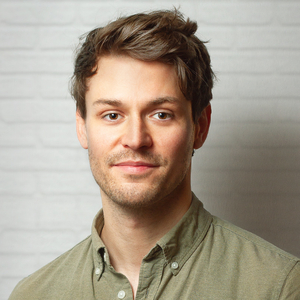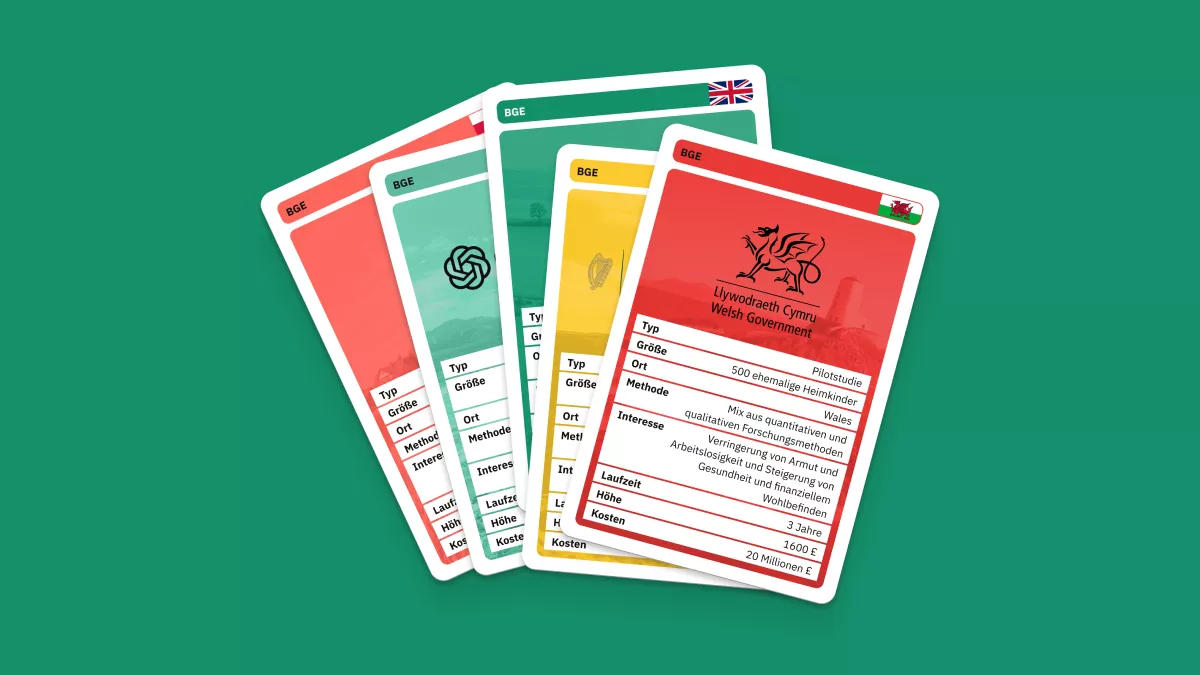We are not alone in wanting answers. Particularly in the face of long-term existential crises and upheavals in the labour market, an increasing number of research projects worldwide are exploring the idea of a universal basic income. Some are already underway, while others are about to begin.
But what questions are these projects asking, and how do they differ from the research approach of the basic income pilot project? Let’s take a look at five initiatives from around the world.
ENGLAND
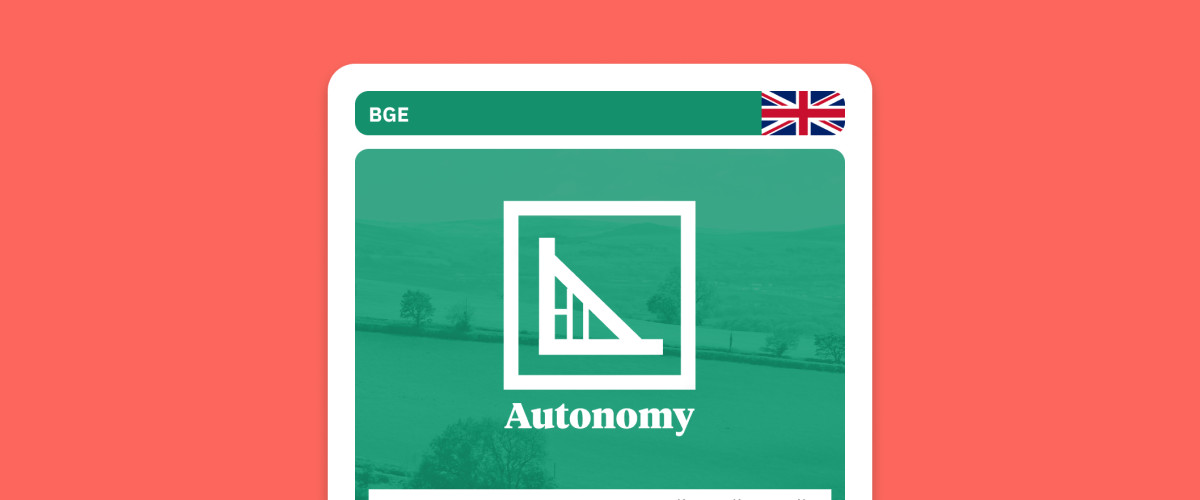
Type: Micro pilot study
Organisation: Autonomy
Extent: 30 study participants + control group
Place: Central Jarrow and East Finchley (London)
Method: Mix of quantitative and qualitative research methods
Research interest: Mental and physical health
Duration: 2 years
Amount: £1,600 (€1,840) per month
Costs: £1.6 million (€1.84 million)
In contrast to the Basic Income Pilot Project, this study aims to test basic income at a local level. The selected communities had already shown above-average support for the introduction of a universal basic income.
The 30 participants were chosen to reflect local demographics, while a separate control group—also locally selected—will receive no money to compare their experiences. The effects will be monitored through interviews, focus groups, and questionnaires.
Will Stronge, head of research at the think tank Autonomy, which is behind the project, believes a basic income could transform England. He sees the urgency of his project as primarily future-oriented: "Given that the coming decades will be full of economic shocks due to climate change and new forms of automation, a basic income will be a crucial component of future livelihood security."
The project is currently awaiting final funding. If implemented as planned, its creators hope to demonstrate the feasibility of a basic income in England and provide strong political arguments in its favour.
The USA
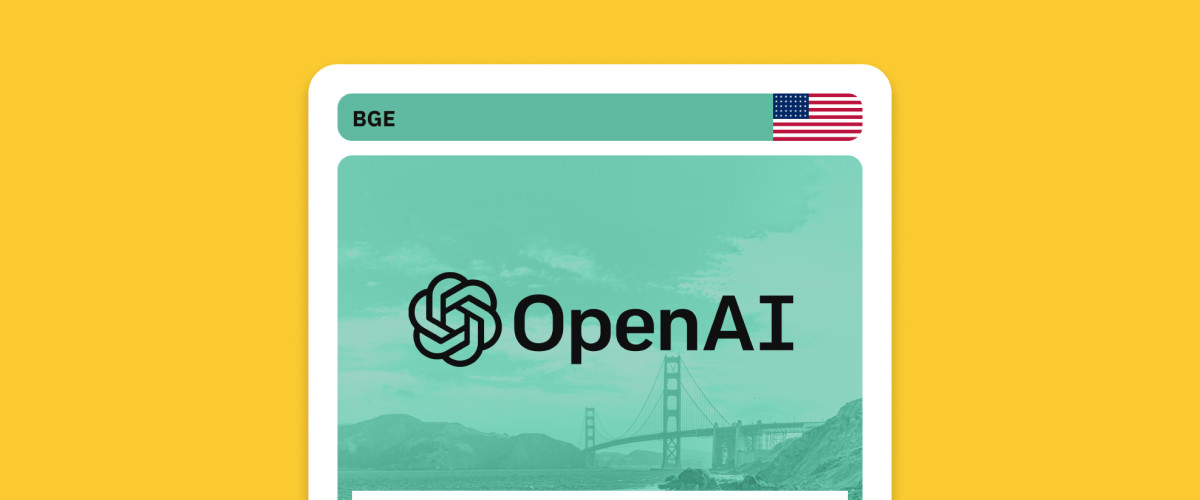
Type: -
Organisation: -
Extent: -
Place: -
Method: -
Research interest: -
Duration: -
Amount: -
Costs: -
Silicon Valley and its digital elite have long embraced the idea of a universal basic income. Tech leaders like Mark Zuckerberg and Elon Musk have already expressed support for it. The currently ubiquitous Sam Altman, co-founder of OpenAI (the company behind ChatGPT), never misses an opportunity to discuss basic income as a promising approach.
Why? He seems eager to mitigate the potential consequences of his AI tool’s technological progress: mass job losses and growing inequality. Whether this stems from a genuine sense of responsibility or an attempt to protect his financial interests remains a subject of debate.
What is certain, however, is that the network of companies and NGOs he founded has already spawned several projects dedicated to basic income research or the financial support of other initiatives.
Most recently, Altman stated in a podcast OpenAI had co-funded "the largest and most comprehensive study on basic income." However, details about the study's structure and research approach remain unclear.
What we do know: It’s scheduled for completion this year, with results expected to be published in early 2024.
Addendum from October 2024: The results of the Open Research study have since been published and categorised here.
IRELAND
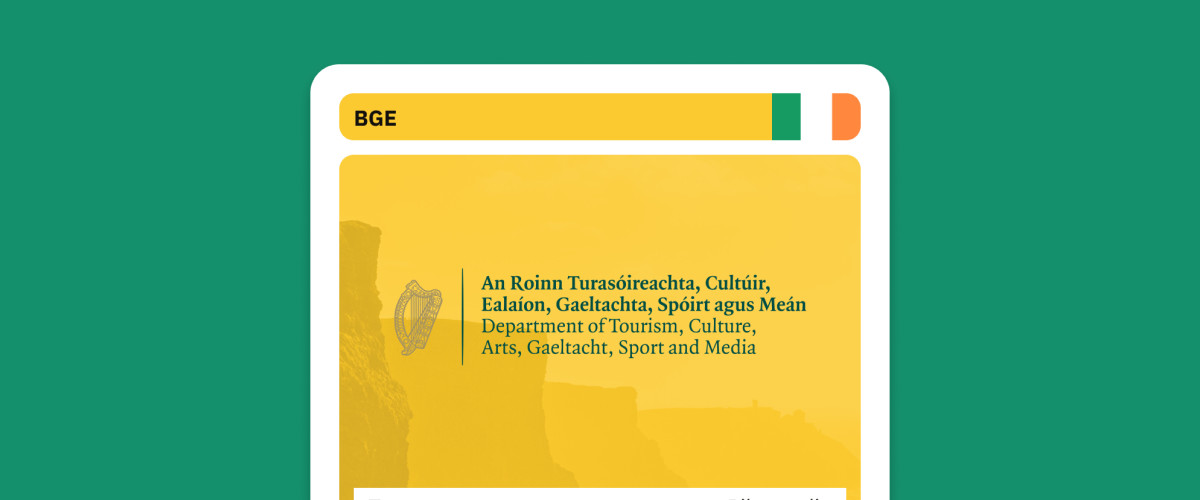
Type: Pilot study
Organisation: The Irish Government
Extent: 2,000 study participants + control group
Place: Ireland
Method: Quantitative research methods
Research interest: Financing art and creativity
Duration: 3 years
Amount: €1,300 (€325 per week)
Costs: € 101.4 million
People in the cultural sector often move from project to project and rely on precariously paid part-time jobs to finance their artistic work.
A pilot project launched by the Irish government aims to address this issue. During the coronavirus pandemic, Ireland's Minister for Culture set up a task force to explore ways to support creative artists. Their proposed solution? A basic income.
A total of 9,000 people registered during the application phase that opened in April this year. Of these, 8,200 were deemed eligible for funding. From this group, 2,000 were randomly selected to receive basic income, while 1,000 were assigned to the control group. However, only a few recipients have publicly disclosed their participation in the study so far—likely to avoid resentment from artists who did not receive any support.
The results of the study are highly anticipated. Countries such as the United Kingdom, Australia, New Zealand, and Belgium have already enquired about Ireland’s findings. The initial data should be available well before the end of the study to allow for the planning of follow-up measures and to prevent participants from experiencing a financial shortfall.
Whether and in what form the programme could be continued after the project period naturally depends on the research findings. These findings are primarily gathered through questionnaires, which participants complete every six months, providing detailed information about their finances, artistic careers, and health.
POLAND
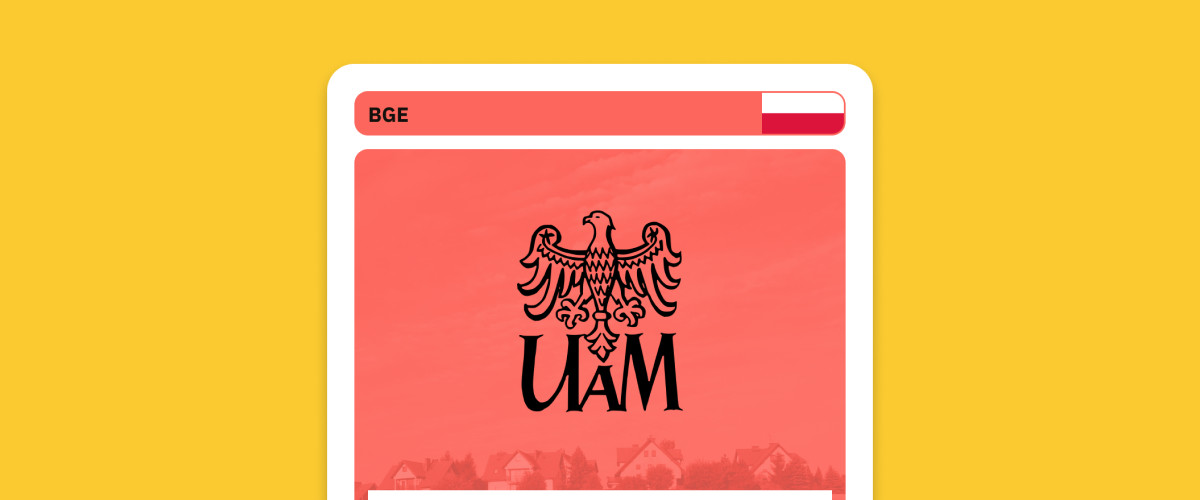
Type: Pilot study
Organisation: Researchers at the Adam Mickiewicz University in Poznań
Extent: 5,000 - 31,000 residents
Place: Warmian-Masurian Voivodeship
Method: -
Research interest: Professional, social, and educational activities, as well as well-being
Duration: 2 years
Amount: 1,300 PLN (€280)
Costs: -
In north-eastern Poland, near the border with the Russian exclave of Kaliningrad, thousands of people are set to participate in a study on universal basic income. Whether the minimum requirement of 5,000 participants is met, or whether the number increases to 31,000, depends on funding.
It's no coincidence that the experiment is taking place in this particular part of the country. High unemployment rates, low average incomes, and a steady population decline have plagued the Warmian-Masurian Voivodeship since the fall of communism in 1989. The closure of cross-border traffic with Russia in 2018 also eliminated an important source of income for the local population.
"The idea is to see how such a solution works in a region that is both extremely poor and facing severe social challenges," explains Maciej Szlinder, one of the economists involved.
Making the payments unconditional—rather than focusing solely on the most financially vulnerable—is an important concern for the team. "This experiment brings us closer to being able to verify, at least in some respects, the effects that introducing a basic income could have," says Szlinder.
WALES

Type: Pilot study
Organisation: The Welsh Government
Extent: 500 former foster children
Place: Wales
Method: Mix of quantitative and qualitative research methods
Research interests: Reducing poverty and unemployment, and improving health and financial well-being
Duration: 3 years
Amount: £1,600 (€1,840 €)
Kosten: £0 million (€23.03 million)
This pilot project focuses on a particularly vulnerable group: young people who have recently aged out of long-term state care. The goal in Wales is to determine whether providing financial support positively impacts their lives.
The 500 participants in the government pilot project must have come of age within the last year and will receive an unconditional basic income of £1,600 for the two years following their 18th birthday.
The project's success is being continuously evaluated using a mix of quantitative and qualitative methods. Additionally, an ethnographic study is examining participants' experiences and the overall effectiveness of the basic income project.
Wales’s First Minister, Mark Drakeford, recently stated that the programme appears to be delivering on its promises. However, the final research report from Cardiff University, which is monitoring the project, will not be available until 2026. Drakeford has emphasised the need to wait for this report before deciding on an extension, "to ensure that this is the most effective use of public money."
Even though the pilot study is limited to a specific population group, the Welsh government sees the project as "a contribution to a global movement." According to the project's website: : "There are about 80 basic income experiments of various kinds worldwide. Each has its own focus, and all offer important insights into the benefits and challenges of a basic income."
It all comes down to funding
What all these projects make clear is that the feasibility of basic income research largely depends on funding. Without government backing or support from a successful company, launching such pilot studies is significantly more challenging.
That is why we are especially proud that the Basic Income Pilot Project is funded entirely by civil society through contributions from more than 210,000 private donors. This independence allows us to conduct research without being influenced by major financial backers.
